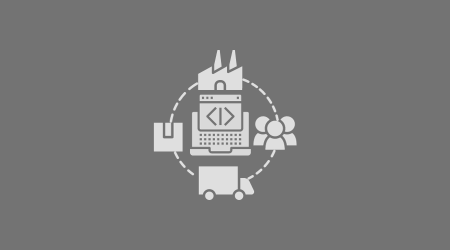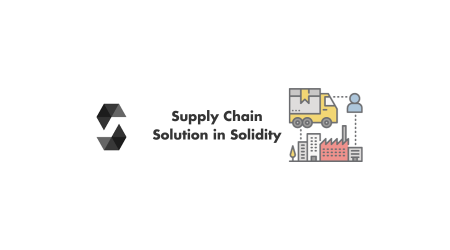Are you looking to implement supply chain solutions with solidity code? Well, you’re in luck!
This article will guide you through the basics of supply chain solutions in Solidity code, helping you understand smart contracts for supply chain management.
We’ll explore how to implement transparency and traceability, enhance efficiency and security, and share best practices for developing supply chain solutions with Solidity.
Get ready to revolutionize your supply chain with the power of Solidity!
1. Key Takeaways
- Solidity code enables transparency, traceability, and immutability in supply chain management.
- Smart contracts automate processes and reduce the need for manual tasks, improving efficiency.
- Blockchain technology ensures secure and tamper-proof records in the supply chain data.
- Integration of Solidity code and blockchain technology improves efficiency, security, and trust in the supply chain.
2. The Basics of Supply Chain Solutions in Solidity Code
To understand the basics of supply chain solutions in Solidity code, you’ll need to familiarize yourself with key concepts and functionalities.
Solidity code is essential for optimizing inventory management in the supply chain. By leveraging blockchain technology, Solidity enables efficient and secure supply chain solutions. It provides transparency, traceability, and immutability to the entire process.
Now that you have a grasp of the fundamentals, let’s delve into understanding smart contracts for supply chain management.
3. Understanding Smart Contracts for Supply Chain Management
Understanding smart contracts is crucial for effective supply chain management. By utilizing blockchain technology and decentralized governance, smart contracts offer numerous benefits for supply chain optimization. Here’s what you need to know:
- Enhanced transparency: Smart contracts enable real-time visibility into supply chain transactions, ensuring transparency and accountability.
- Automated processes: With smart contracts, manual tasks can be automated, reducing the risk of human error and improving efficiency.
- Immutable records: Blockchain technology ensures that supply chain data is tamper-proof and cannot be altered, providing a reliable audit trail.
- Streamlined negotiations: Smart contracts facilitate faster and more secure negotiations between supply chain parties, eliminating the need for intermediaries.
4. Implementing Transparency and Traceability in Supply Chain Using Solidity
By utilizing smart contracts, you can ensure transparency and traceability in your supply chain management system.
Through blockchain integration, these decentralized supply chain solutions enable you to track every step of the process, from production to delivery.
The immutable nature of the blockchain ensures that all information is recorded accurately and cannot be tampered with. This level of transparency and traceability enhances efficiency and security in your supply chain.
In the next section, we will explore how you can enhance efficiency and security in your supply chain with solidity code.
5. Enhancing Efficiency and Security in Supply Chain With Solidity Code
Using smart contracts with blockchain integration improves efficiency and security in the supply chain.
By leveraging blockchain technology in Solidity, you can ensure interoperability in supply chain systems.
The combination of blockchain and Solidity code allows for seamless data exchange between different parties involved in the supply chain process. This integration enhances transparency, reduces fraud, and streamlines operations.
With Solidity, you have the power to optimize supply chain processes, improve trust, and eliminate middlemen.
Now let’s explore the best practices for developing supply chain solutions with Solidity.
6. Best Practices for Developing Supply Chain Solutions With Solidity
When developing supply chain solutions with Solidity, it’s important to follow best practices.
To ensure the security of your smart contracts and effectively integrate blockchain technology, be meticulous in your approach. Start by conducting thorough audits and testing to identify any vulnerabilities.
Use secure coding practices and implement role-based access controls to protect data integrity.
Regularly update your codebase to stay up-to-date with the latest security patches.




